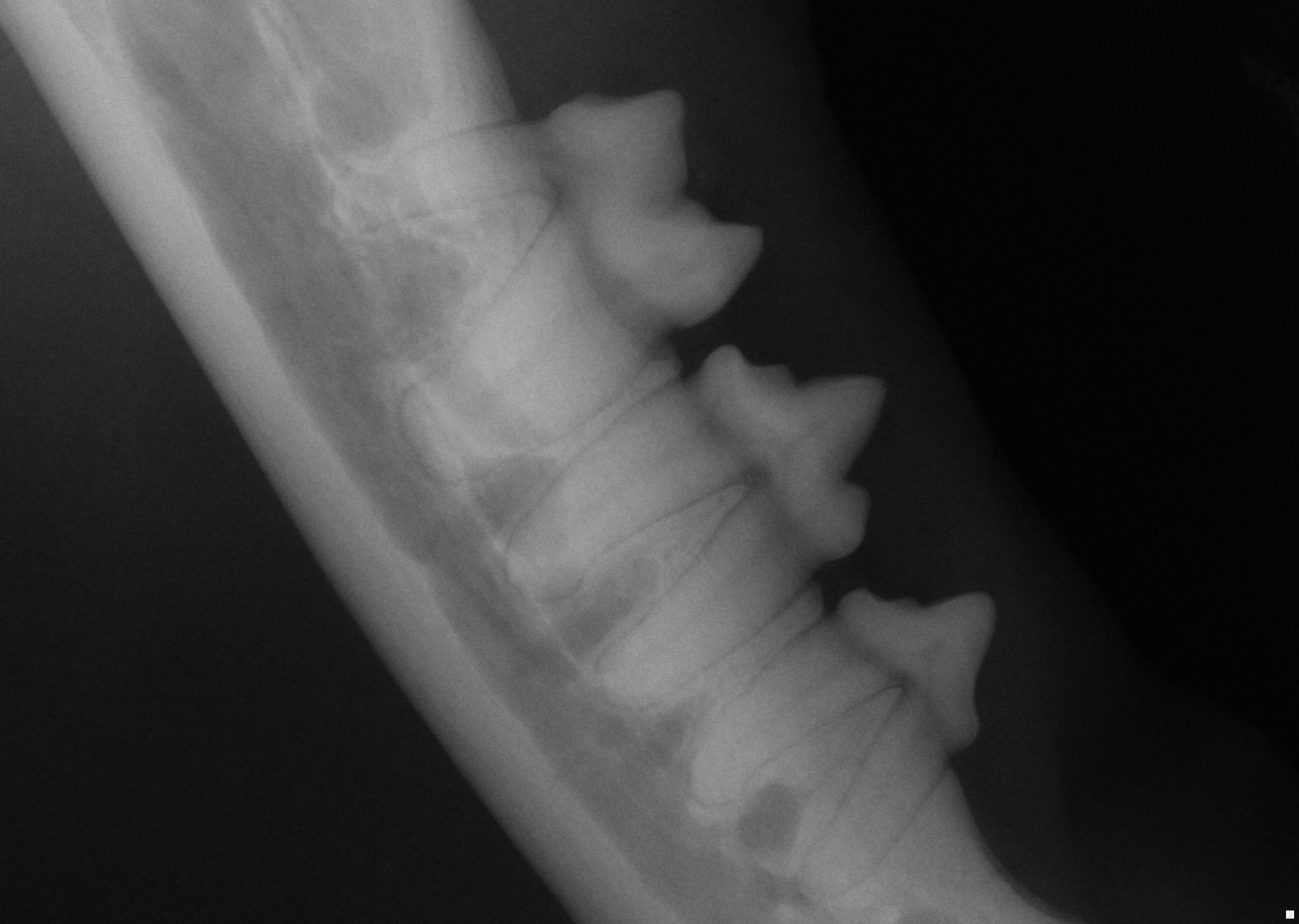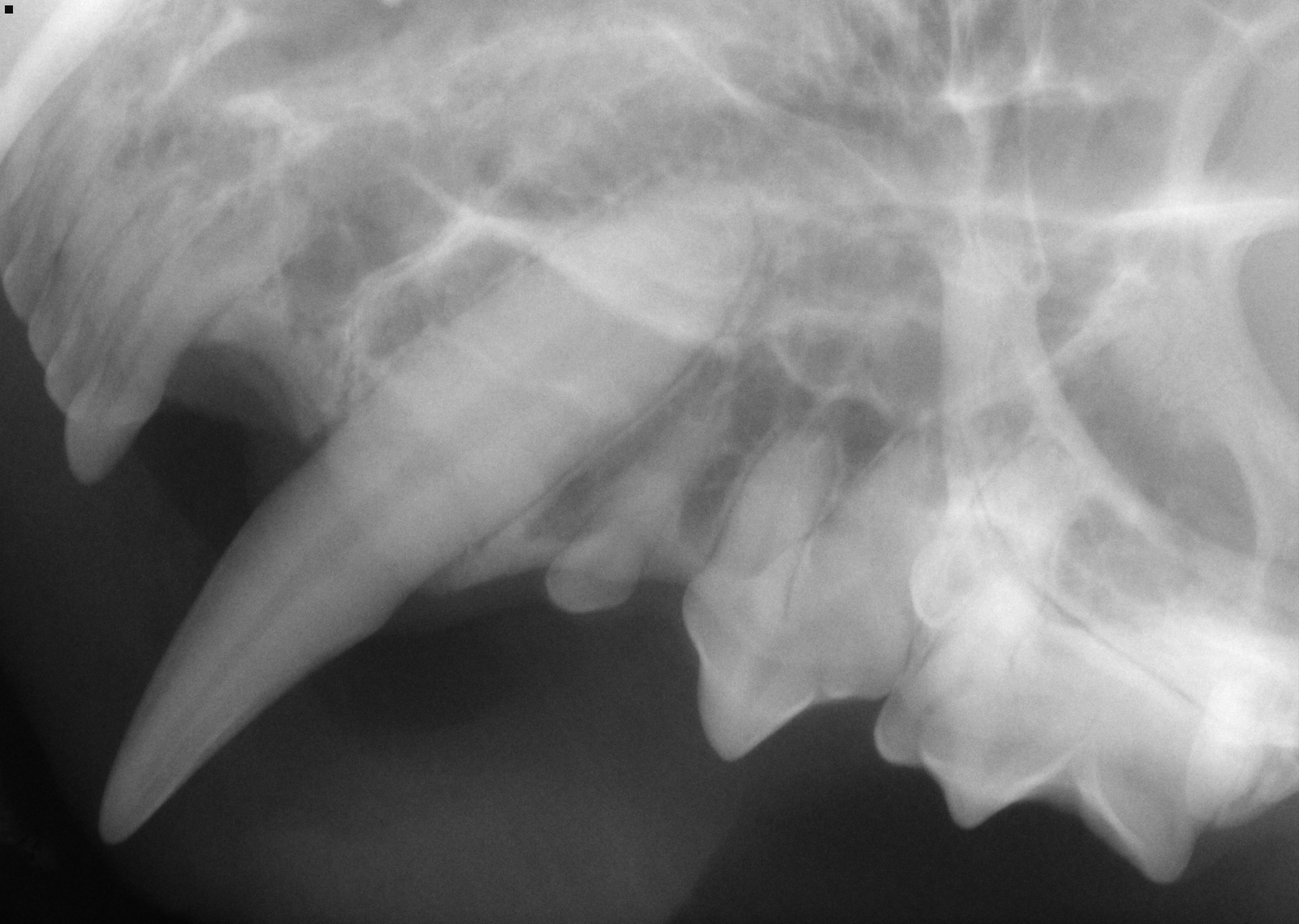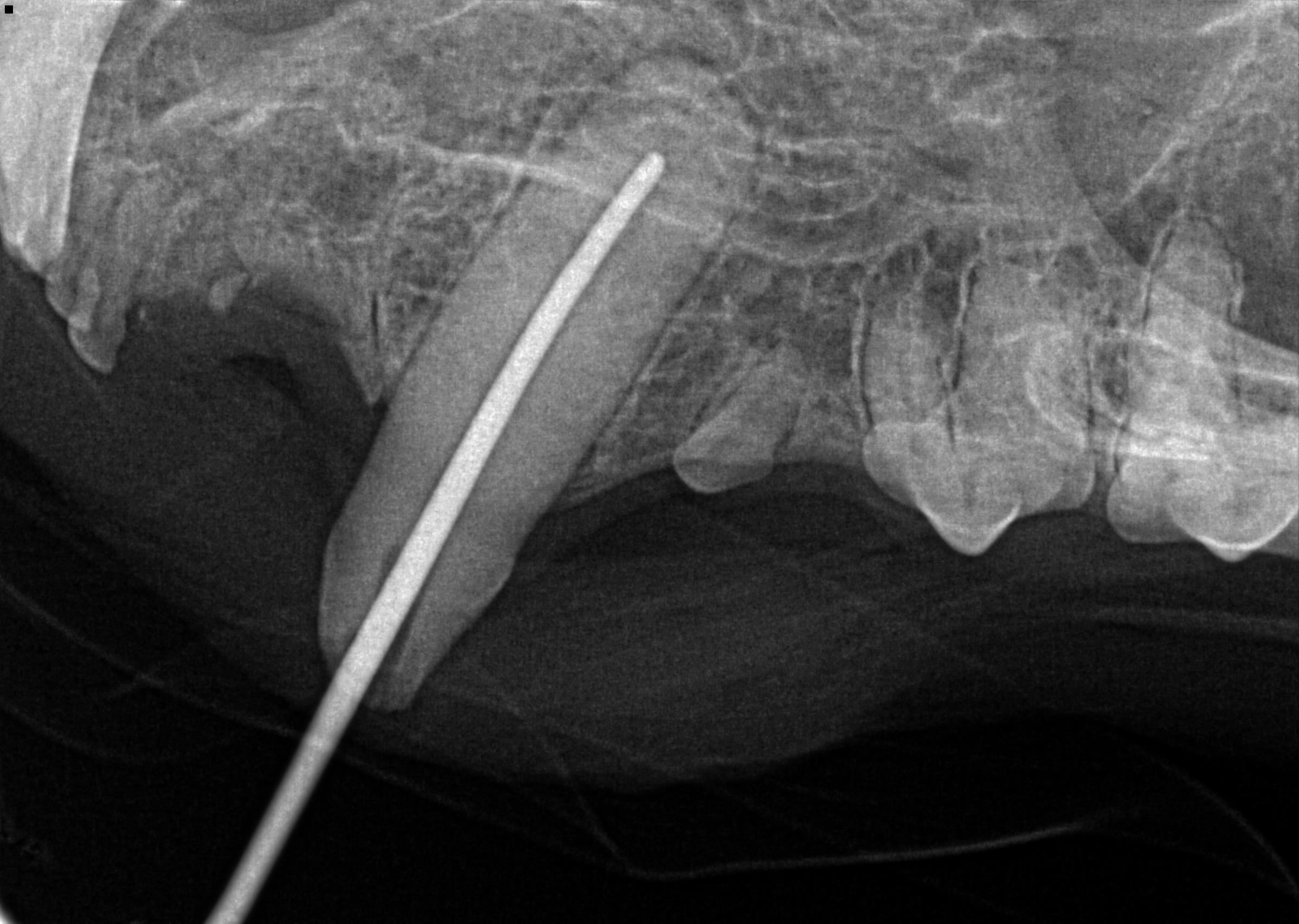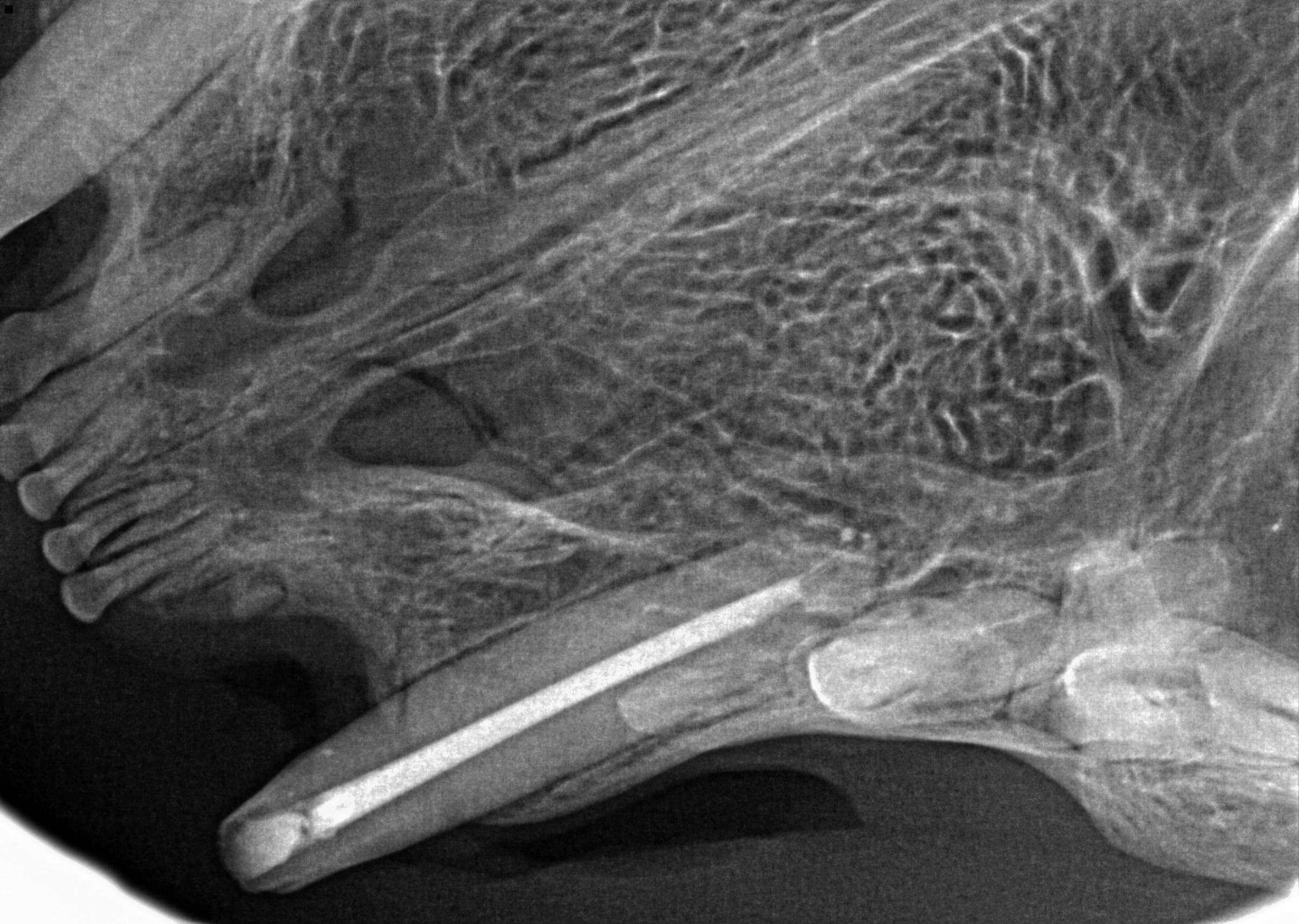
Advanced Dental Services by Dr. Rob Davis BA VetMB, MANZCVS, MRCVS
Dr. Rob Davis, with over 25 years of experience in general practice in East Anglia, brings exceptional expertise to our clinic. Over the past decade, he has developed a specialised interest in dentistry and oral surgery, earning membership in the Australia and New Zealand College of Veterinary Science in 2021. In 2023, Dr. Rob transitioned from general practice to focus solely on dentistry. He now divides his time between Davies Veterinary Specialists and The London Cat Clinic and serves as the President Elect of the British Veterinary Dental Association.
In addition to performing Comprehensive Oral Health Assessments and Treatments alongside our other dentistry team members, Dr Rob accepts referrals for advanced dental and oral procedures including:
Dental radiography: Dental radiography is an essential aspect of veterinary dentistry, providing invaluable insights into the roots and internal structures of teeth that are not visible through standard examinations. Without x-rays, many dental issues might be missed, making it challenging to determine the best course of treatment. They are also crucial for confirming that teeth have been entirely removed and ensuring no root remnants are inadvertently left behind, which helps to avoid potential complications.
It's important to note that dental x-rays require specialised equipment, which may not be available at all veterinary practices. At The London Cat Clinic, we are fully equipped with the latest technology to ensure comprehensive dental care for your feline companions.



Root canal treatment: Root canal treatment can be an effective method for saving broken teeth that might otherwise need to be extracted. In cats, this procedure is generally limited to the canine teeth. The process involves removing all infected or dead pulp from the tooth, disinfecting and shaping the root canal, and then filling it with a specialised rubber material. This material seals the root canal, preventing bacteria from the mouth from causing further infection and helping to preserve the tooth and your cat's dental health.


Feline Chronic Gingivostomatitis (FCGS): Feline Chronic Gingivostomatitis (FCGS) is an extremely painful condition believed to stem from an abnormal immune response to plaque on the teeth. This distressing condition can be very challenging to manage, often causing cats significant difficulty in eating and grooming themselves properly.
Juvenile Gingivitis/Periodontitis: Juvenile gingivitis or periodontitis typically emerges around the time adult teeth are erupting. This condition is characterised by notable enlargement of the gums and requires prompt diagnosis and treatment to prevent progression and potential tooth loss.
Malocclusions: Malocclusions, or misalignments of the teeth, can lead to considerable pain and damage if not addressed. Early intervention is crucial to prevent further complications and ensure your cat’s comfort.
Oral Masses: Various types of lumps can occur in the oral cavity. Accurate and early diagnosis is essential for planning the most effective treatment and improving the prognosis for your cat.
To learn more about our advanced dentistry procedures, or to have your cat referred for assessment by your veterinarian, please contact the clinic directly at: 0203 740 1112. Or ask your vet to complete the referral submission form available here.